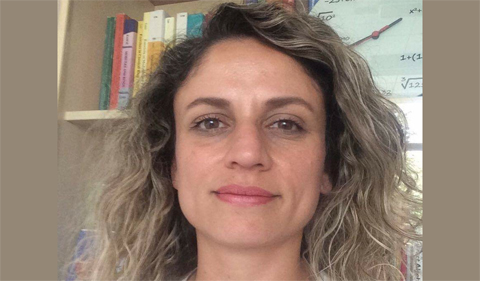The Mathematics Colloquium series presents Ohio University visitor Dr. Sultan Eylem Toksoy discussing “Galois type connections arise naturally” on Wednesday, Oct. 17, from 4 to 5 p.m. in Morton 218.
Toksoy is from Hacettepe University (Ankara, Turkey).
Abstract: The classical notion of a Galois connection between two partially ordered sets or classes mimics the correspondence between field extensions and their groups of automorphisms that is central to Galois theory. In a current project, we have been able to express certain Galois-type correspondences in elementary terms, which seems surprising considering that we have found that these correspondences serve to describe many ideas throughout all areas of mathematics. The purpose of this presentation is to describe such Galois-type connections and to offer various examples.
If $W$ and $C$ are two classes and $\rho\subseteq W\times C$ is a relation between them, if one thinks (for the sake of intuition) of the elements of $C$ as being shareholders and those of $W$ as goods to be attained, notions of wealthy and poor shareholders as well as of affordable and exclusive goods may be developed. While these four notions may always be defined the existence of shareholders or goods of the desired types may or may not occur. In this talk we illustrate the various possibilities with examples drawn from very basic mathematical settings (some of them understandable, for example, even to a Calculus student.)
The ideas illustrated here arose in the study of injectivity via injectivity profiles, an area where injective modules play the role of wealthy, the purposely named poor modules assume that role, semisimple modules are affordable and tests of injectivity are the exclusive goods. Since the original inception of these ideas, the study of poor modules has been pursued abundantly and, furthermore, similar ideas have been extended to include both other perspectives on injectivity and other properties in addition to injectivity (e.g. proyectivity, flatness, pure-injectivity, etc.)
This talk is a report on ongoing joint work with Sergio R. L’opez-Permouth and Martha Lizbeth Shaid Sandoval Miranda.



















Comments